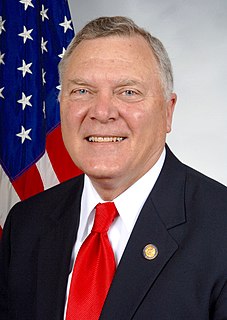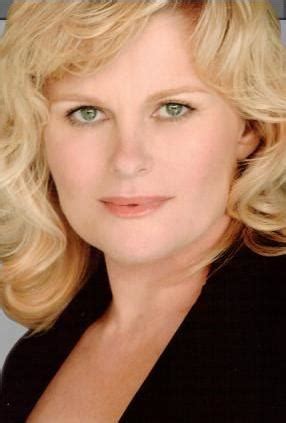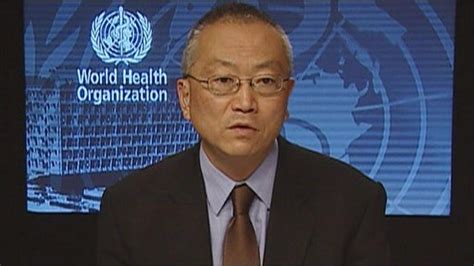A Quote by Susanna Reid
Too few nurses puts patients at risk. It also risks the mental and physical health of the nurses we do have, as the fewer staff there are on a ward, the harder it gets to pick up the pieces.
Related Quotes
Nurses have new and expanding roles. They are case managers, helping patients navigate the maze of health care choices and develop plans of care. They are patient educators who focus on preventative care in a multitude of settings outside hospitals. And they are leaders, always identifying ways for their practice to improve. Because nurses have the most direct patient care, they have much influence on serious treatment decisions. It is a very high stakes job. Everyone wants the best nurse for the job, and that equates to the best educated nurse.
When health workers are infected at work, this puts other healthcare workers at risk, but also can be a risk to all other patients, understanding where the breach in these measures is occurring and taking the steps needed to fully implement infection prevention and control measures can put an end to these ... infections.

































